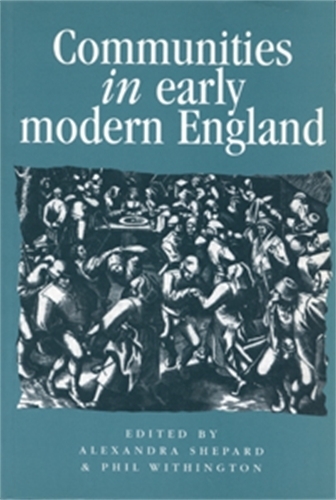
Communities in Early Modern England: Networks, Place, Rhetoric
(Paperback)
Publishing Details
Communities in Early Modern England: Networks, Place, Rhetoric
By (Author) Alexandra Shepard
Edited by Philip Withington
Manchester University Press
Manchester University Press
2nd January 2001
United Kingdom
Classifications
Tertiary Education
Non Fiction
942.05
Physical Properties
Paperback
288
Width 156mm, Height 234mm, Spine 16mm
413g
Description
How were cultural, political and social identities formed in the early modern period How were they maintained and what happened when they were contested "Community" has suffered from a problem intrinsic to historical analysis; the tensions between its past and current meanings. Divided into three parts this book looks first at community and networks - how individuals were bound into communities by religious, professional and social networks. The second part looks at the importance of place - ranging from the Parish, to communities of crime, to the place of political culture. Finally the authors explore the value of rhetoric in generating community - from the King's English to the use of "public" as a rhetorical community.
Author Bio
Alexandra Shepard is Lecturer in History at the University of Sussex. Phil Withington is Lecturer in Cultural History at the University of Aberdeen
